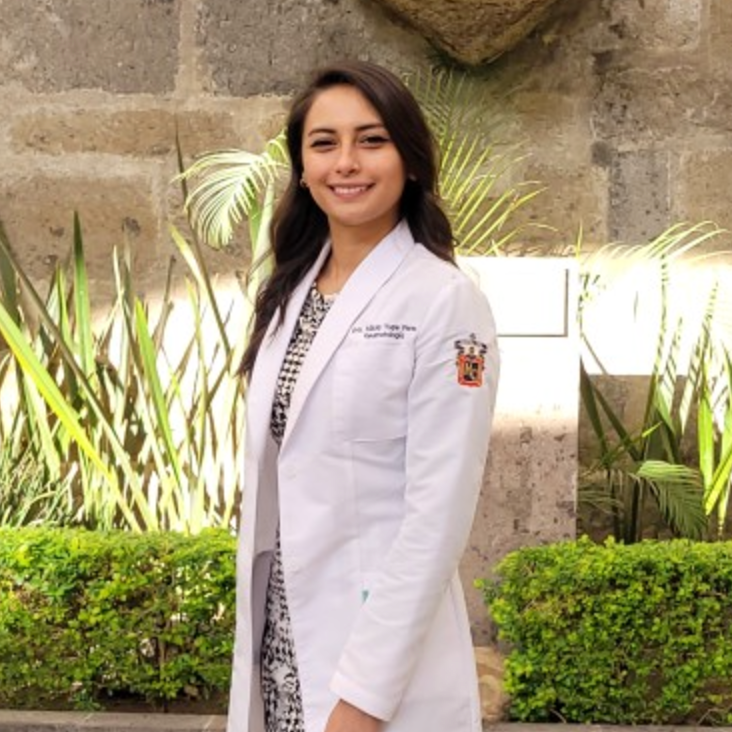Article
Biologics in Lupus Might have Different Roles at Different Times
With only one approved biologic agent - belimumab - approved for the treatment of systemic lupus erythematosus and others in development, now is the time for rheumatologists to confront unanswered questions about the role of biologic therapy in lupus.
"It's not just that we develop these targeted therapies that are effective in interacting with specific parts of the immune system - but the question is, ‘When do we use these therapies?’” asked Maria Dall’Era, M.D., a rheumatologist and director of the Lupus Clinic at the UCSF Medical Center, in an interview with Rheumatology Network.
“As we develop these agents, we need to be thinking more broadly about whether we are using them in the correct way,” she said. Dr. Dall’Era recently gave a presentation on biologics in lupus at the 2016 American College of Rheumatology Winter Rheumatology Symposium held in January in Colorado.
She suggests rethinking the outcomes of recent phase III clinical trials in which investigational biologics failed to meet their primary endpoints. Declaring these trials as “failures” sometimes obscures benefits that would have been evident had an agent been studied with a particular patient population at a different phase of disease, she said.[[{"type":"media","view_mode":"media_crop","fid":"46527","attributes":{"alt":"Maria Dall’Era, M.D.","class":"media-image media-image-right","id":"media_crop_1115105913486","media_crop_h":"0","media_crop_image_style":"-1","media_crop_instance":"5404","media_crop_rotate":"0","media_crop_scale_h":"0","media_crop_scale_w":"0","media_crop_w":"0","media_crop_x":"0","media_crop_y":"0","style":"font-size: 13.008px; line-height: 1.538em; float: right;","title":"Maria Dall’Era, M.D.","typeof":"foaf:Image"}}]]
For example, specific molecular pathways might be operative in the initiation of lupus, while other pathways might become operative after patients have established lupus.
“Some agents might be better used at the beginning of the disease when lupus is first diagnosed to try to reset the immune system or to induce tolerance of the immune system,” Dr. Dall’Era said. “But there are some agents that might be more effective later on.”
There exists a long preclinical phase during which autoimmunity develops and people begin to produce pathogenic autoantibodies, she pointed out. “But these people don’t manifest any disease until years later. So something triggers the onset of disease. But what is that trigger? We don’t yet know.”
Interrupting that earliest preclinical phase of disease development might “require a certain intervention,” she said. “It would be nice if we could go backwards in time and try to understand those patients who develop these pathogenic autoantibodies and find out which of them are going to go on to develop disease. Maybe we could intervene with a different agent - one that is more important for inducing immune quiescence.”
“There are certain pathways that target basic mechanisms of autoimmunity, but then there are also inflammation pathways,” Dr. Dall’Era said. “For example, there’s the interferon pathway or the pathway that’s highly operative in rheumatoid arthritis that’s been successfully modulated: the anti-TNF pathway.”
It may be the case that after systemic autoimmunity is established, downstream inflammatory pathways could be targeted for therapeutic intervention, Dr. Dall’Era said. “Maybe it’s too late to go back and try to induce immune quiescence at that point - but maybe not. We don’t really know yet. But it is important not to lose sight of this when we apply these medications and to think rationally about it,” she said.
Other unanswered questions about biologics’ eventual roles in lupus treatment include when to begin administering them relative to conventional therapies, and when to withdraw them.
“I think that is an open question,” Dr. Dall’Era said. “If a biologic can induce tolerance and can act early on in the disease course, then perhaps the way to go is to start with the targeted biologic agent initially and then transition to a more conventional agent. Or, maybe never transition to a conventional agent. We just don’t know yet.”
References:
Dall’Era M.
"Update on biologic therapy in SLE: the old and the new."
2016 American College of Rheumatology Winter Rheumatology Symposium presentation. January 23-29, 2016. Snowmass Village, Colorado.




